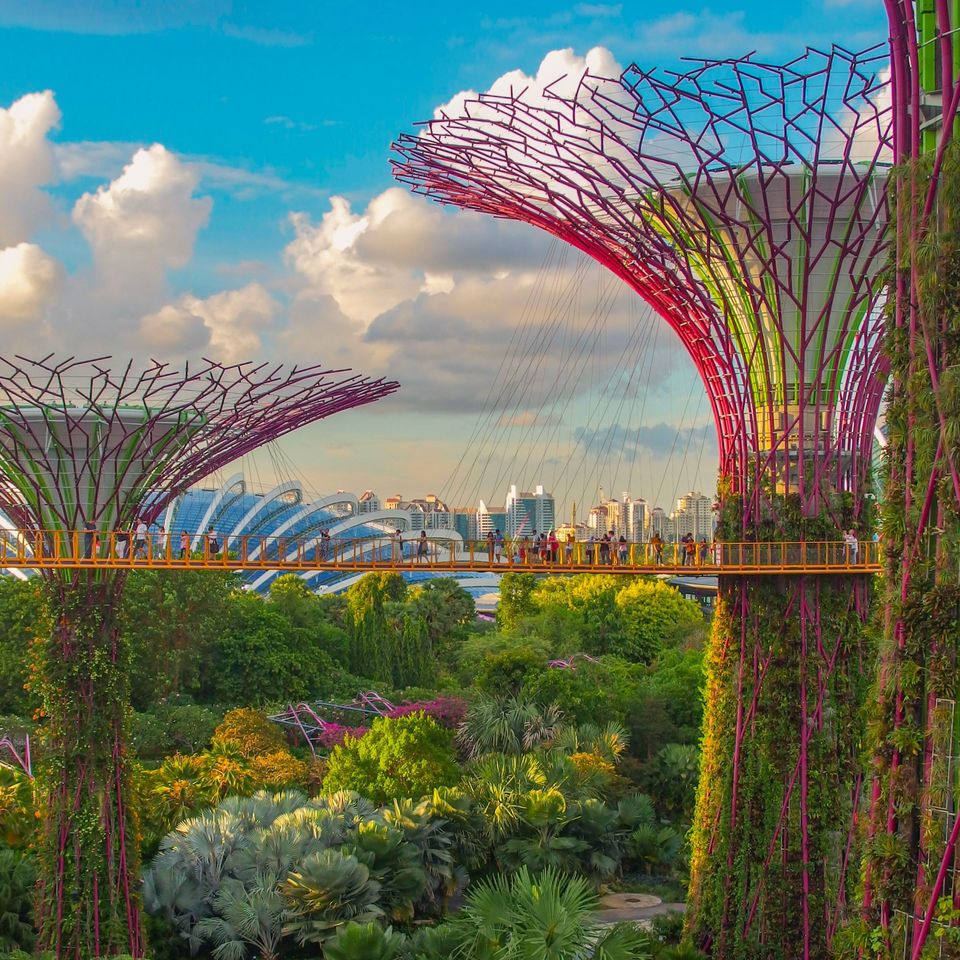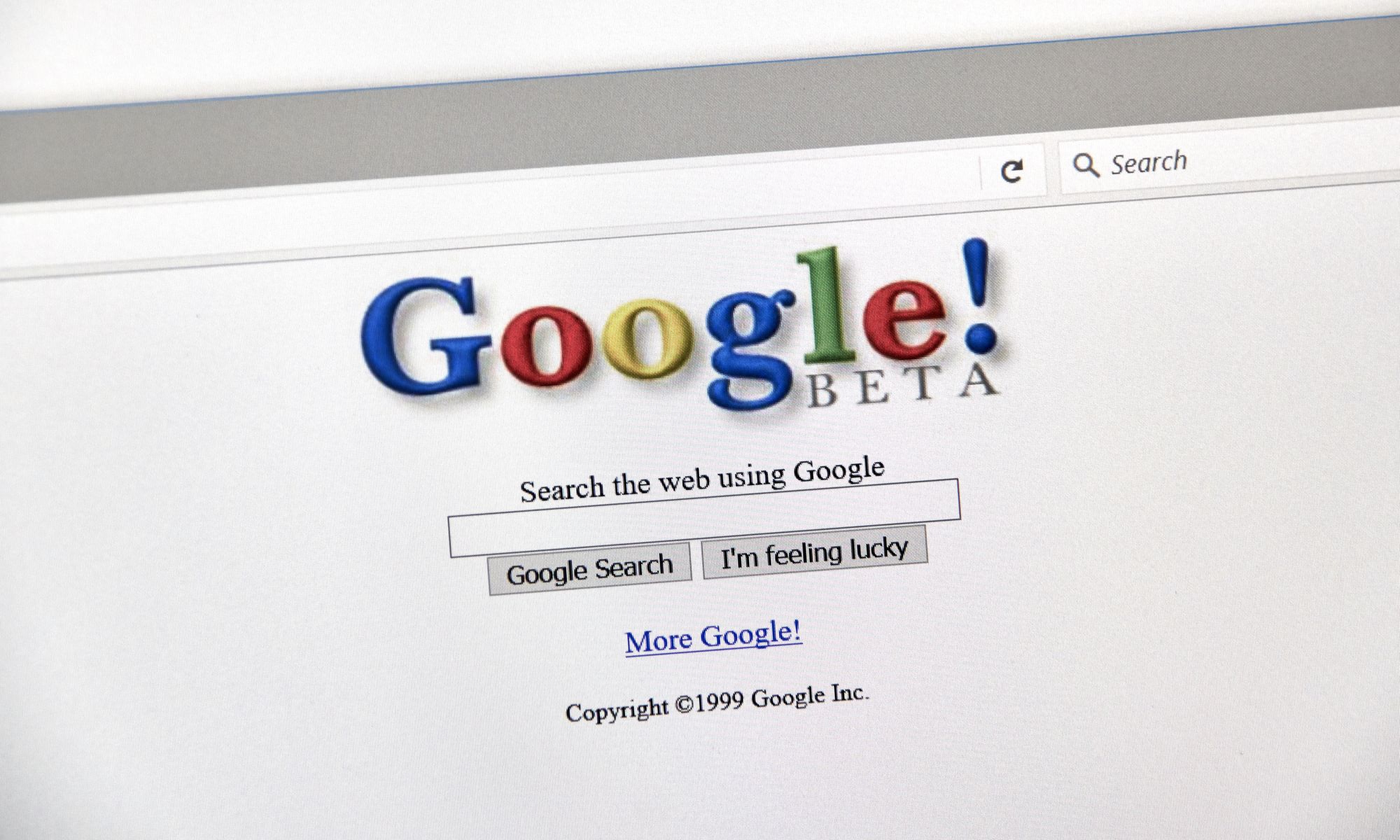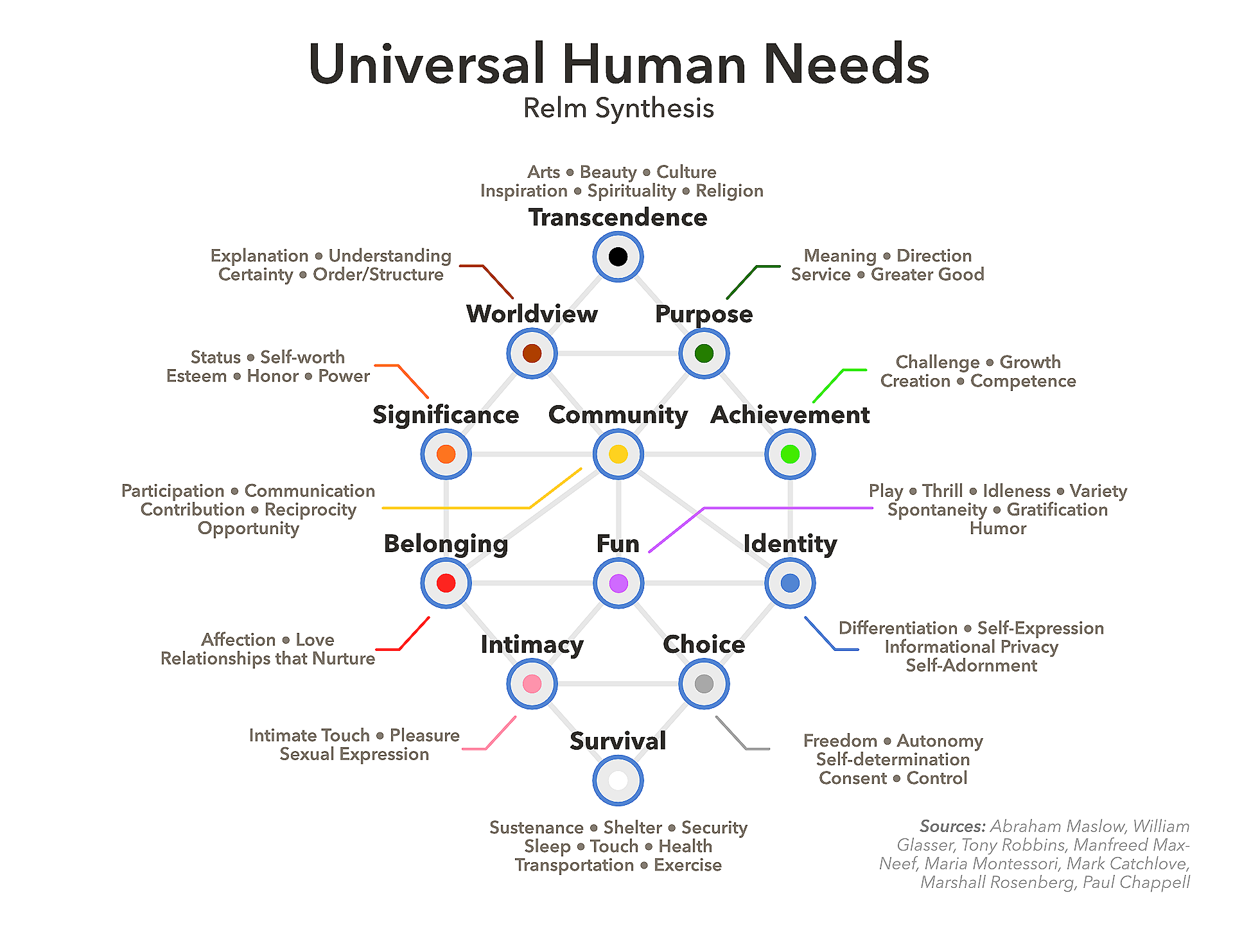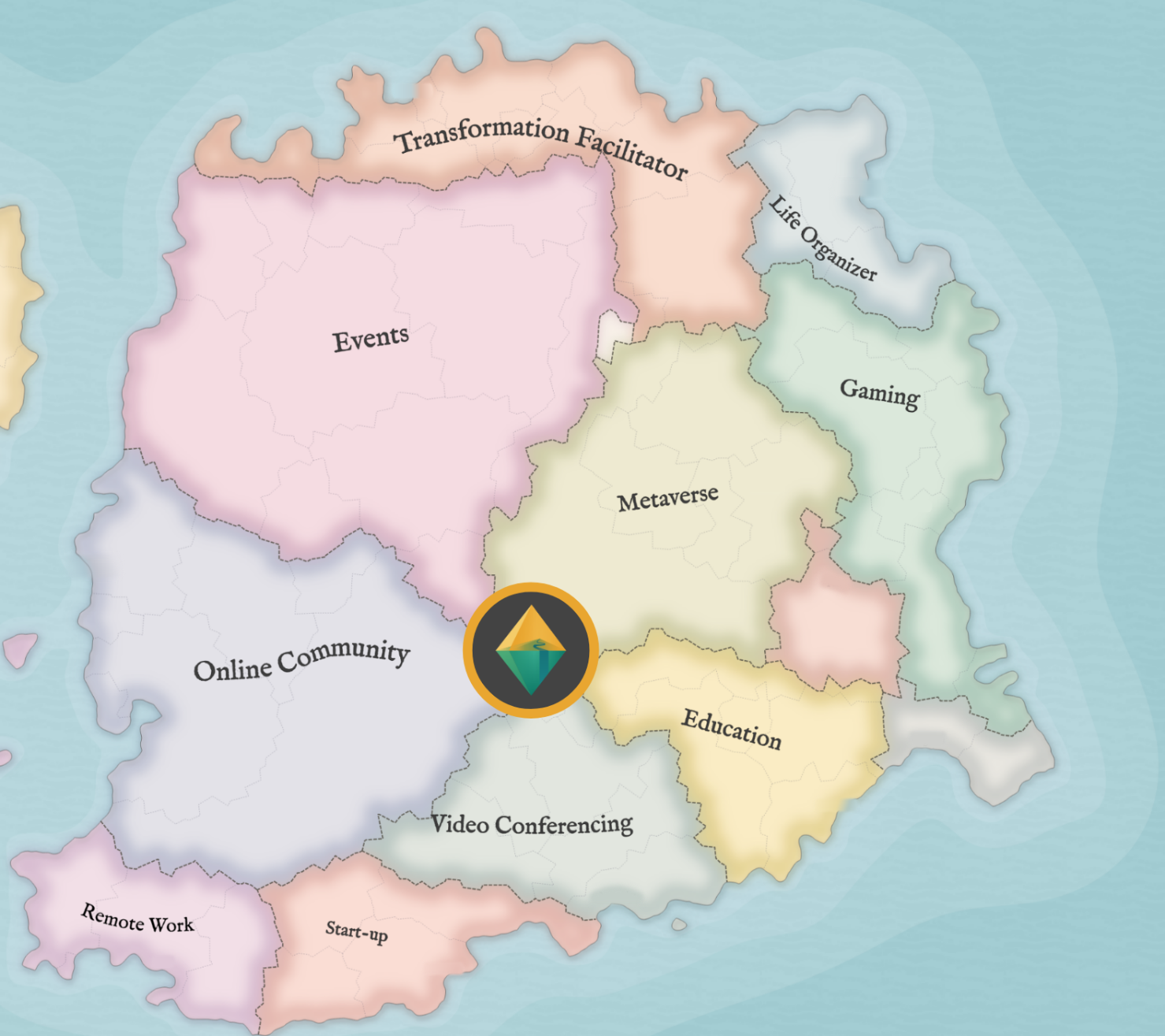The Search for Happiness Online

Have you ever asked a search engine to help you find happiness?
Late in the 1990s, the first search engines began to emerge online, and as a curious teen I wondered--might they hold the key to happiness, wrapped somehow inside their algorithmic mystery? As if writing out a prayer to an unknown god, I remember typing, "What is the meaning of life?" and then waited for the great instrument of information retrieval to answer.

We live in a strange era. Some of the important underpinnings of society--assumptions about who we are, about how resilient our planet is, and about how we structure society--are being challenged by new science and technology, new global threats, and an onslaught of social experiments. We are reaching backward to find what is steady & reliable, while also reaching forward to the hope of something new and better.
I believe some of the change we're experiencing has to do with our easy access to an interconnected pocket brain (i.e. a mobile phone, and all the computers connected to it). These tiny devices we each carry enhance the influences of digital media on us and those around us (see section 3-B in The Meta Crisis diagram below). Digital life is changing the way in which we learn to focus our attention, to trust others, and to feel fulfillment in social settings (often, virtually).
As crises unfold around us, we are searching our digital spaces to make sense of it all--in short, to find security and happiness amidst the storm.

Despite modern threats and modern tweaks to our habits, however, our core human needs have not changed. We still need an ordered world, a sense of belonging and love, and communities to support and be a part of.
I analyzed the work of renowned psychologists Abraham Maslow, William Glasser, and Manfried Max-Neef--as well as others such as peace advocate Paul K. Chappell--to understand what we might need to aim for in order to create an online platform for peace and happiness in the world:

One of the things that surprised me most was how many of our needs are non-physical, non-"Survival" needs. In addition to being animal creatures (and all that entails), we are psycho-social beings yearning for things like meaning, significance, and connection.
If the trend toward more and more online attention and influence continues, it follows that we will need to develop significant new institutional wisdom and practices for a healthy society. Increasingly, our psychological and social needs will be met not only by offline reality, but also by our social online worlds.
Relm is a technology, but it's a technology interwoven with the science of positive psychology and a philosophy of caring for each other. We are asking hard questions for those who are willing to build with us. For example:
- If many of our needs are met through spiritual practices, can these practices be meaningfully migrated online?
- What do healthy online communities need--what constraints must we impose, what degrees of freedom must we enable?
- How do we simulate being as fully human together as we can on affordable devices while we gather online?
- What have social media networks done right--and wrong? How do we take the good parts and leave the unhealthy parts behind?
As you can probably guess, Relm has at times been difficult to describe in a word. Our effort to create a healthier online society intersects and overlaps with several relatively new fields:

- Online Community
- Video Conferencing
- Spatially Organized Information
- Live Online Events
- Multiplayer Gaming
- ... and others, such as the health of the mind and spirit, remote work, education, life organization, and the metaverse.
This is an ambitious undertaking. We've been at it for almost 3 years. But I can't stop believing that there's something at the intersection of these fields that needs to be birthed into existence--for the sake of a healthy future together.
As a result, Relm combines the capabilities and (hopefully) best practices from each of the fields in this map of the territory:
- Community is at the center of healthy living--and Relm aims to synthesize the most emotionally salient aspects of offline community into our online communities. For example: avatar body language, rituals of giving and receiving, and other meaningful, traditional practices re-imagined for a digital age by each community.
- Video conferencing is essential for eye-to-eye contact and non-verbal communication. We aim to gently coax people out of their shells, so that when they feel comfortable with the platform, they can reveal themselves as they truly are.
- Spatially organized information is compatible with the way our brains already organize information. Relm takes your brain's spatial superpower and enhances it by adding search. We are experimenting with memory palaces, personal life organization, and shared group knowledge laid out in organized spaces.
- Live events bring people together--and with the right ingredients, can help them feel belonging. Relm is a multi-participant world set among many beautiful venues that you can choose or build, with ice-breaking activities, collaborative tools, video watch parties, and more.
- Multiplayer Gaming is choice-centered experiential learning. We take lessons from MMO online games, as well as the practices of life coaches & guides to support personal growth within the context of a community.
We're so excited to be bringing these pieces together! It's my sincere hope that with more feedback and work, we can create a new kind of online space that is hospitable to the many activities and communities that give life to a healthy civilization.
In a way, Relm itself is a search for happiness--and if anything intrigues you, I hope you'll come join us in the search!
